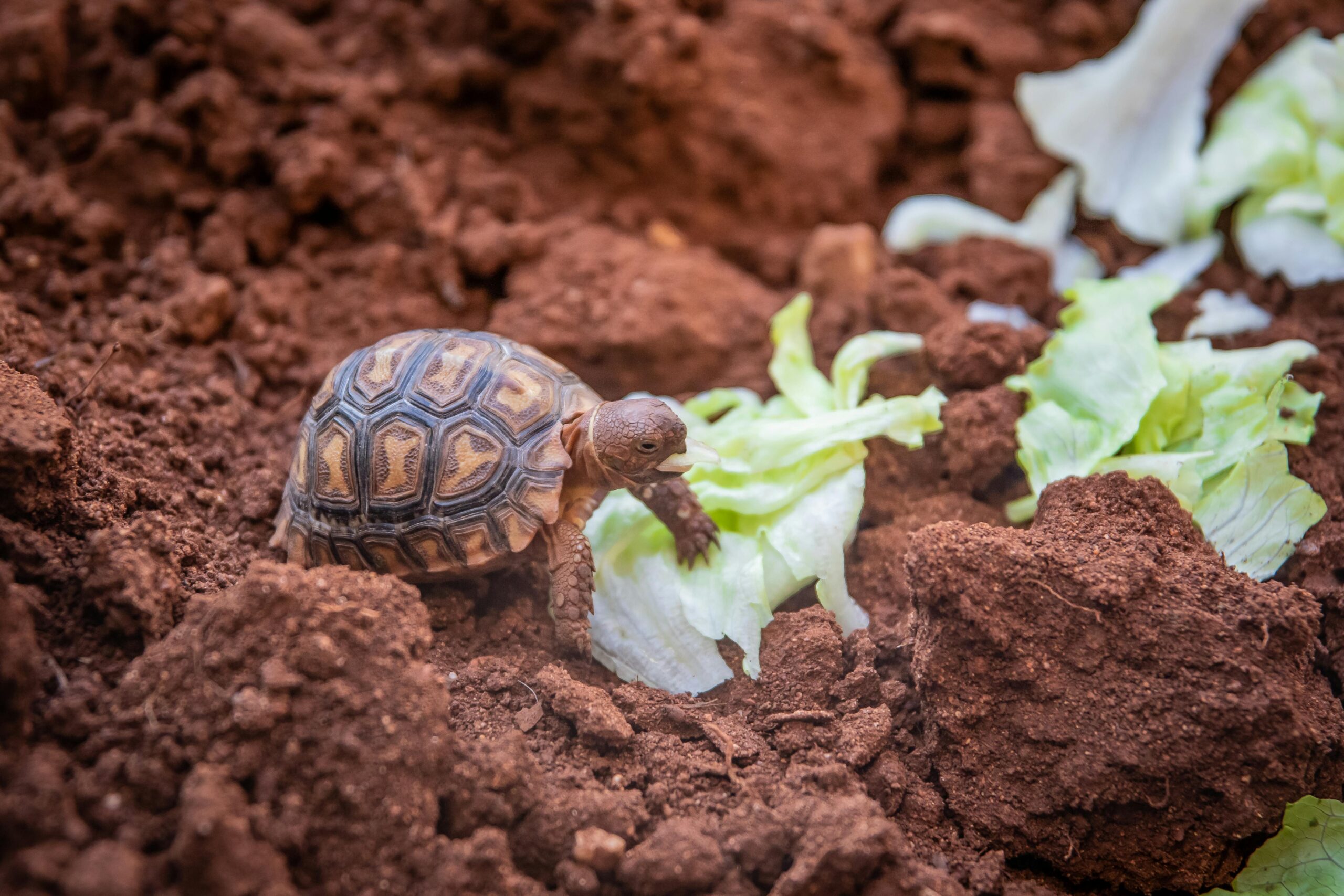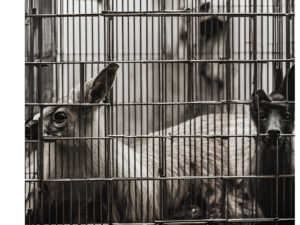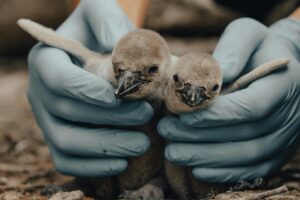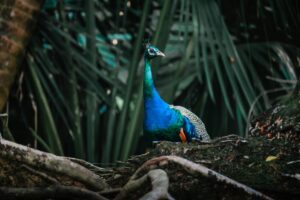Essential Foods, Nutritional Needs, and How to Ensure a Healthy Lifestyle for Your Pet
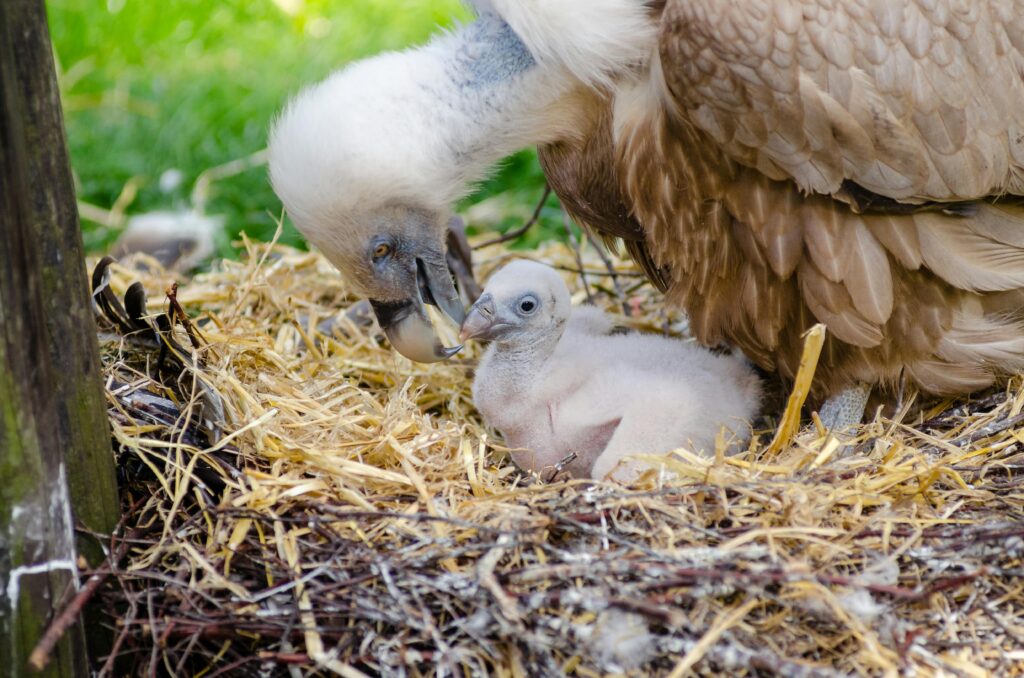
Exotic animals are fascinating creatures with unique dietary needs that differ from more common pets like dogs or cats. Understanding these needs is essential for anyone considering or currently caring for an exotic pet. A balanced diet not only keeps them healthy but also prevents common diseases that can arise from improper nutrition. Whether you own a parrot, a reptile, or a small mammal, learning about their specific nutritional requirements will help you ensure a long, healthy life for your exotic companion.
Caring for exotic pets can be rewarding, but it also comes with responsibilities. The right diet is the foundation of their overall health, and exotic animals often require specialized foods that replicate their natural diet in the wild. In this article, we’ll explore the essential foods and nutritional needs of various exotic animals and provide tips on how to ensure they live a healthy lifestyle.
Essential Nutritional Needs of Exotic Animals
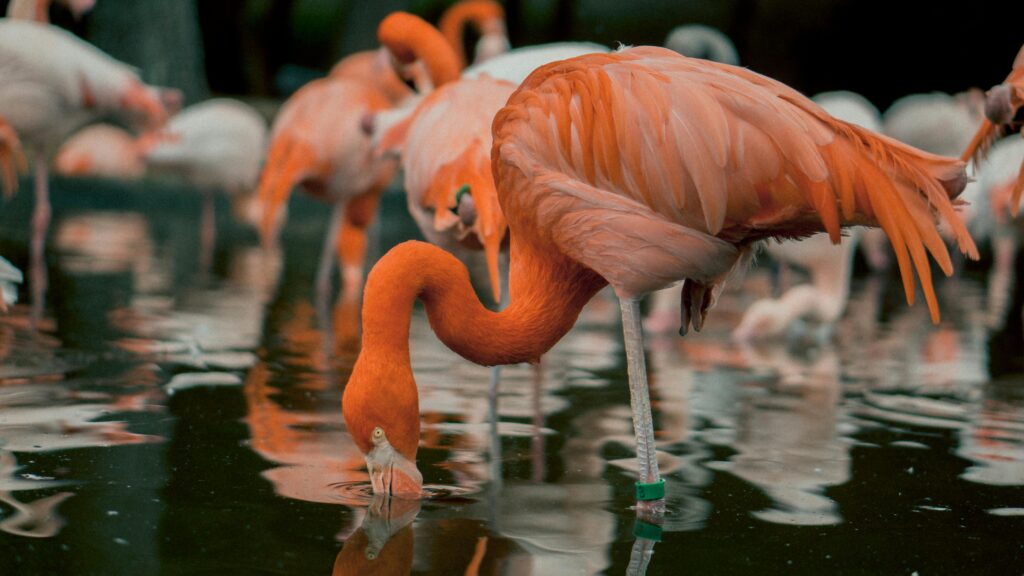
Every species has its own unique dietary requirements based on its natural habitat and biology. While some animals thrive on plant-based diets, others are carnivores or omnivores and require a more varied intake of food. Meeting these needs is crucial to avoid malnutrition, which can lead to severe health problems.
Herbivores: Ensuring Proper Nutrition for Plant-Eating Animals
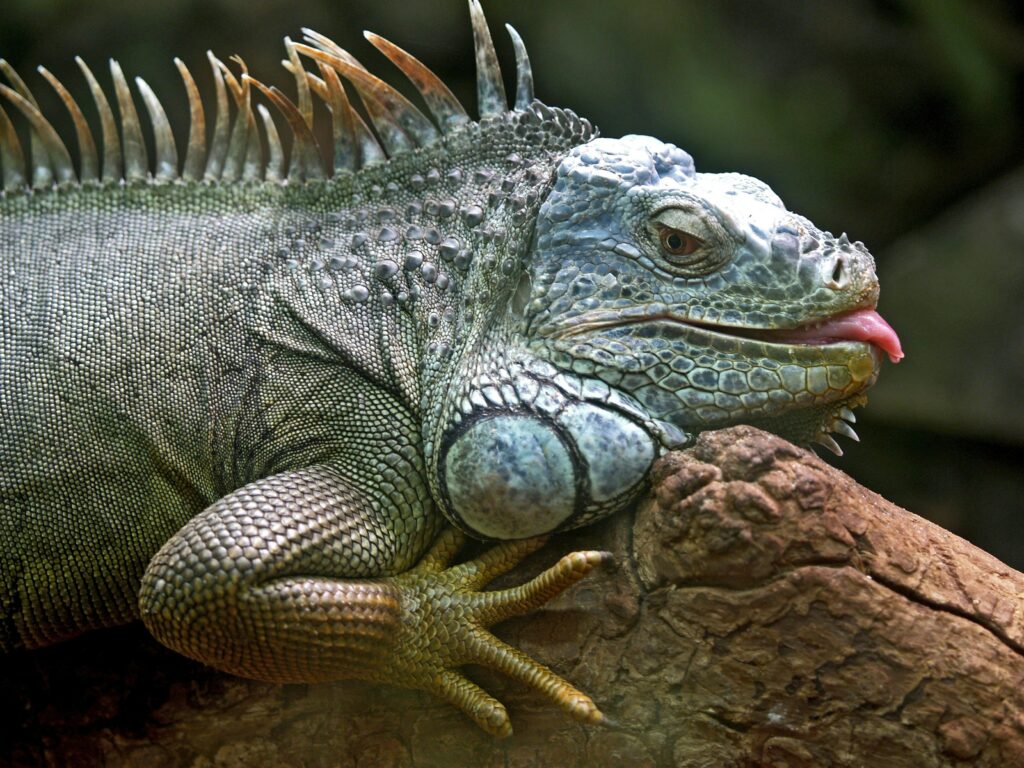
Herbivorous exotic animals, such as tortoises, iguanas, and many bird species, rely on plant-based diets. Their meals should consist of a variety of leafy greens, vegetables, and fruits, mimicking what they would find in the wild. Leafy greens like kale and dandelion are rich in fiber and essential vitamins, while fruits like berries and papayas provide important nutrients in moderation. Owners must be cautious not to overfeed fruits, as too much sugar can harm these animals.
In captivity, herbivores may not have access to the same variety of plants they would in the wild, making supplementation with calcium and vitamin D critical to avoid deficiencies. Proper hydration is also key for these animals, as many plants in their diets have high water content.
Carnivores: Meeting the High-Protein Demands of Meat-Eaters
Exotic carnivorous pets, such as serpents and large felines, have a dietary need for high protein intake. Pet owners often face the challenge of providing appropriate meals, which typically include live prey or specially formulated raw meat diets. Reptilian carnivores, like snakes, usually consume rodents, whereas raptors may feed on smaller mammals or avian species. Smaller carnivores, such as ferrets, benefit from premium pet foods rich in protein to meet their nutritional demands.
It is crucial for the health of these animals to receive a diet that is well-balanced in protein, fats, and essential vitamins. Diets that are insufficient or not species-appropriate can result in health complications ranging from malnutrition to obesity. Additionally, the frequency of feeding is a vital aspect of their care, with some requiring meals only a few times per week to maintain optimal health.
Omnivores: Balancing Plant and Animal Foods
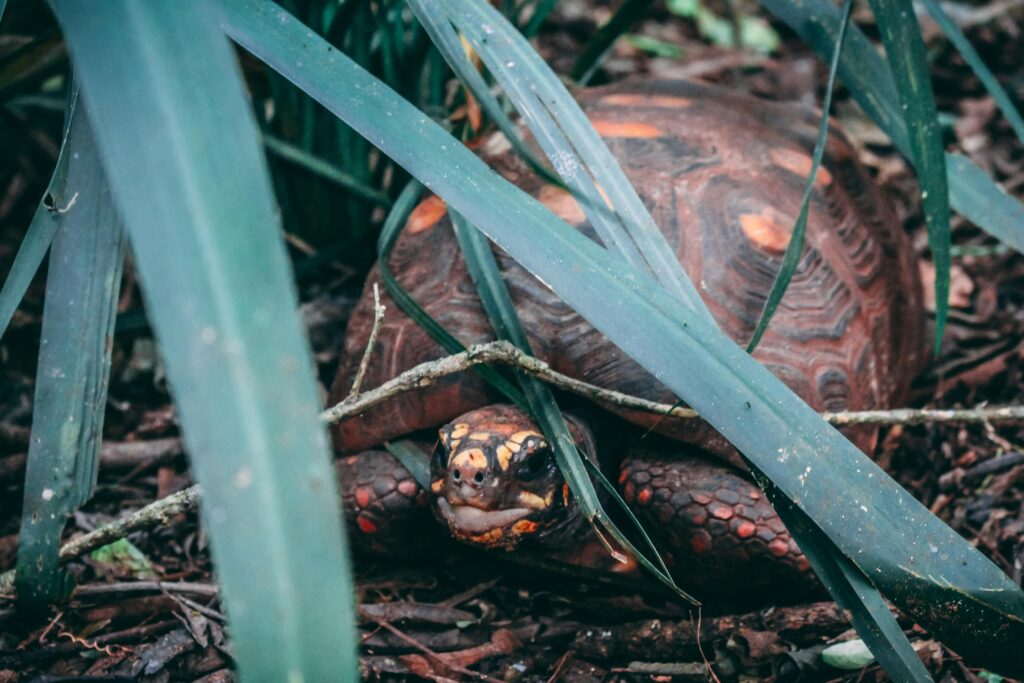
Omnivorous exotic animals, like certain species of turtles, lizards, and birds, need a mixture of plant and animal foods. A balanced diet for these animals includes a variety of fruits, vegetables, insects, and small amounts of meat or fish. Variety is key in ensuring they get all the necessary vitamins and minerals. For example, bearded dragons thrive on a diet that includes leafy greens, fruits, and crickets, while omnivorous birds may eat seeds, nuts, and small insects.
Creating a balanced diet for omnivores can be tricky, as too much of one food type can lead to nutritional imbalances. For instance, overfeeding seeds to birds can cause obesity, while too many insects for reptiles can lead to calcium deficiency. Owners should consult with a veterinarian to ensure they’re providing the right foods in the correct proportions.
Ensuring a Healthy Lifestyle for Your Exotic Pet
Maintaining the health of your exotic pet extends beyond their diet. The habitat in which they live, their water intake, and consistent veterinary care are all crucial components. To guarantee the well-being of your exotic pet, it’s essential to consider these elements alongside their nutritional needs.
Hydration and Supplementation
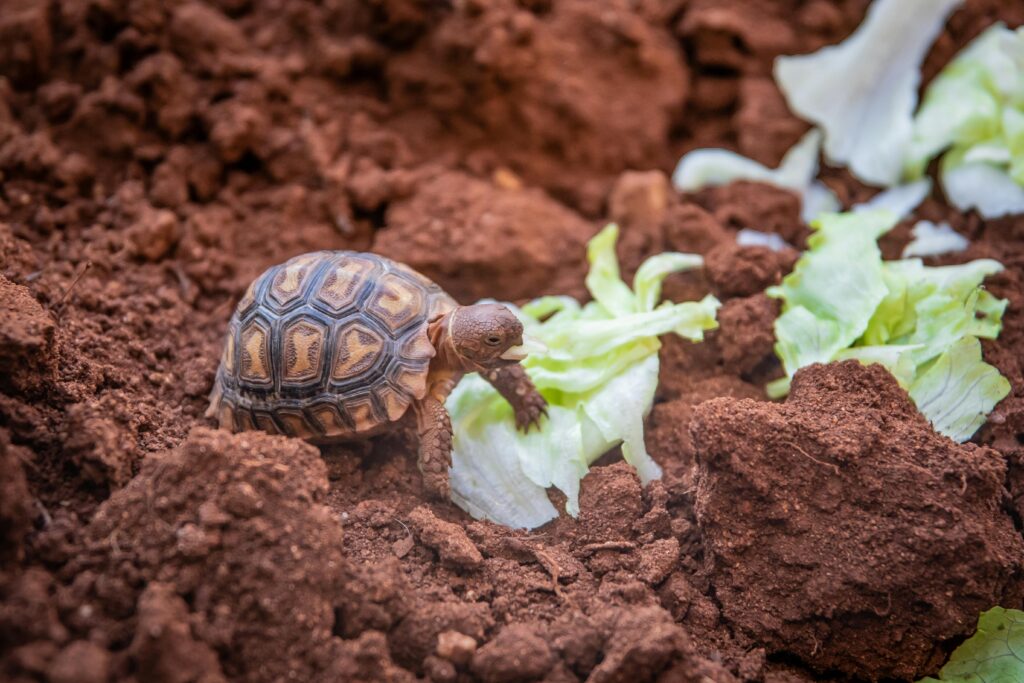
Providing clean, fresh water is vital for all exotic pets. Some species, particularly reptiles and amphibians, may also need additional humidity in their habitats to stay hydrated. In addition to water, certain exotic animals require dietary supplements to meet their nutritional needs. For example, calcium supplements are crucial for reptiles to prevent metabolic bone disease, while birds may need vitamin supplements if they aren’t getting enough from their diet.
Consulting with an Exotic Pet Veterinarian
Caring for Exotic Pets: The Importance of Specialized Veterinary Care
Owning an exotic pet comes with a unique set of responsibilities, especially when it comes to their health and well-being. These animals have distinct needs that differ significantly from those of common household pets. Therefore, it’s crucial to have regular appointments with a veterinarian who is well-versed in exotic animal care.
Such a specialist can provide invaluable insights into the dietary requirements of your exotic pet, suggesting adjustments where necessary to ensure optimal health. Moreover, they are trained to identify the early signs of potential health issues. This is particularly important as exotic pets are adept at concealing their ailments, a natural behavior that can make it challenging for owners to recognize when their pet is unwell.
Early detection through professional veterinary examinations is key to preventing minor health concerns from escalating into more serious conditions. By maintaining a schedule of regular check-ups, you can safeguard the health of your exotic pet, ensuring they lead a happy and healthy life under your care. Remember, the well-being of these extraordinary animals relies heavily on the expertise and attention of specialized veterinarians.
Conclusion
Feeding exotic animals requires a deep understanding of their nutritional needs, as improper diets can lead to serious health issues. Whether you own a herbivore, carnivore, or omnivore, it’s essential to provide a balanced, species-appropriate diet that mimics what they would eat in the wild. Along with proper hydration, supplementation, and veterinary care, a well-balanced diet will ensure that your exotic pet leads a long and healthy life.
By being aware of these factors and staying informed about your pet’s specific needs, you can create a safe and nurturing environment that allows your exotic pet to thrive. Remember, a healthy diet is the first step toward a happy, healthy exotic animal.

